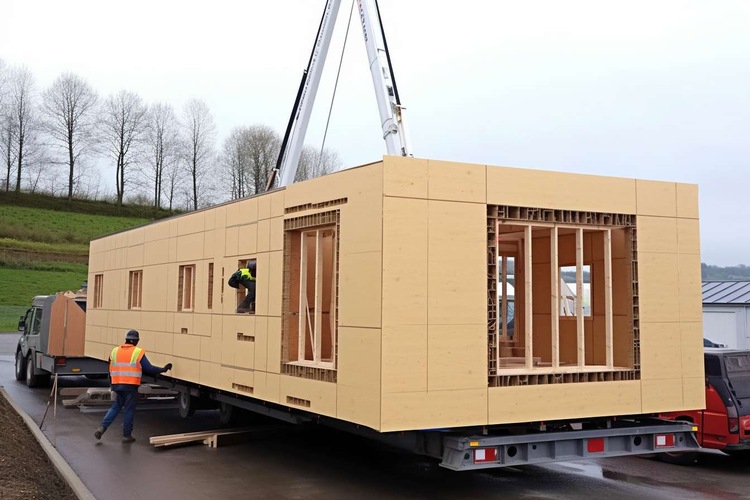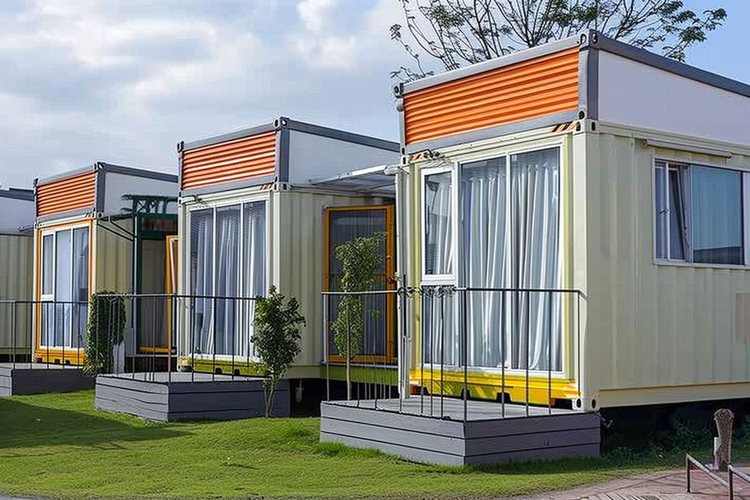Guide to Choosing a Nursing Home in Ireland and Understanding the Costs
Selecting appropriate residential care for an elderly loved one is one of the most significant decisions families face. In Ireland, the process involves evaluating care quality, location, facilities, and financial considerations. With a growing aging population and diverse care needs, understanding what to look for in a residential care facility and how costs are structured can help families make informed choices that prioritize comfort, safety, and dignity for their loved ones.

Choosing residential care for an elderly family member requires careful consideration of multiple factors. From assessing the quality of care and staff qualifications to understanding financial obligations and available support schemes, the decision-making process can feel overwhelming. This guide provides practical information to help families navigate the options available across Ireland and understand the associated costs.
What Should You Look for in a Residential Care Facility
When evaluating potential facilities, several key factors should guide your assessment. First, consider the quality of care provided, including staff-to-resident ratios, staff qualifications, and the range of medical and personal care services available. Visit facilities in person to observe cleanliness, safety measures, and the overall atmosphere. Check if the facility is registered with the Health Information and Quality Authority (HIQA), which conducts regular inspections and publishes reports on standards of care.
Location is another important consideration. Proximity to family members can make regular visits more manageable, which is beneficial for the emotional wellbeing of residents. Additionally, evaluate the social and recreational activities offered, as these contribute significantly to quality of life. Facilities that provide varied activities, outdoor spaces, and opportunities for social engagement tend to support better mental and emotional health outcomes for residents.
Understanding Costs of Residential Care in Ireland
The cost of residential care in Ireland varies significantly depending on location, facilities, level of care required, and whether the facility is public or private. Private facilities typically charge between €800 and €1,500 per week, though some specialized care facilities may charge higher rates. Public facilities, operated by the Health Service Executive (HSE), generally have lower costs, but availability can be limited with waiting lists in many areas.
Several factors influence pricing. Facilities in urban areas like Dublin, Cork, or Galway tend to have higher weekly rates compared to rural locations. The level of care required also affects cost—residents needing specialized dementia care or intensive medical support will typically face higher charges. Room type matters as well, with private rooms commanding premium rates compared to shared accommodations.
| Facility Type | Provider Example | Weekly Cost Estimation |
|---|---|---|
| Private Standard Care | Private operators nationwide | €800 - €1,200 |
| Private Enhanced Care | Specialized dementia facilities | €1,200 - €1,500+ |
| HSE Public Facility | Health Service Executive | €175 - €350 (means-tested) |
| Voluntary/Charitable | Various charitable organizations | €600 - €1,000 |
Prices, rates, or cost estimates mentioned in this article are based on the latest available information but may change over time. Independent research is advised before making financial decisions.
What Financial Support is Available for Residential Care
The Irish government provides financial assistance through the Nursing Homes Support Scheme, commonly known as Fair Deal. This scheme helps individuals pay for long-term residential care by covering a portion of costs based on a financial assessment. Under Fair Deal, individuals contribute up to 80 percent of their assessable income and up to 7.5 percent annually of the value of assets (including property) for a maximum of three years for a principal residence.
To qualify, applicants must undergo a care needs assessment conducted by the HSE and a financial assessment to determine their contribution level. The scheme covers approved public, private, and voluntary facilities. Application processing times vary, so families should apply early when residential care becomes necessary. Additional supports may be available through local authorities or charitable organizations for those facing financial hardship.
How Do You Evaluate Care Quality and Standards
HIQA plays a central role in maintaining care standards across Ireland. The authority conducts announced and unannounced inspections of registered facilities, assessing compliance with national standards. Inspection reports are publicly available on the HIQA website, providing valuable insights into each facility’s performance across areas like healthcare, dignity and respect, safety, and governance.
When reviewing inspection reports, pay attention to any areas of non-compliance and how facilities have addressed identified issues. Speak directly with facility management about their approach to care, staff training programs, and how they handle medical emergencies. Request information about staff turnover rates, as high turnover can impact continuity of care. Consider arranging trial stays if available, allowing your loved one to experience the environment before making a final commitment.
What Questions Should You Ask During Facility Visits
Preparing a list of questions before visiting facilities ensures you gather all necessary information. Ask about the admission process, required documentation, and typical waiting times. Inquire about the daily routine, meal options, and how dietary requirements or preferences are accommodated. Understanding visiting hours, policies around overnight guests, and whether residents can bring personal furniture or belongings helps set realistic expectations.
Discuss how the facility manages medical care, including access to GPs, nursing staff availability, and procedures for handling medical emergencies or hospital transfers. Ask about end-of-life care policies and how families are involved in care planning decisions. Clarify all costs upfront, including any additional charges for services like physiotherapy, hairdressing, or specialized activities. Understanding contract terms, notice periods, and refund policies is essential before signing any agreements.
How Can Families Support Residents After Placement
Transitioning to residential care can be emotionally challenging for both residents and families. Regular visits, phone calls, and involvement in care planning help maintain strong family connections. Many facilities welcome family participation in activities or special events. Bringing familiar items from home, such as photographs, favorite blankets, or small pieces of furniture, can help residents feel more comfortable in their new environment.
Stay engaged with care staff, attending review meetings and maintaining open communication about any concerns or changes in your loved one’s condition. Advocate for your family member’s needs while respecting the professional expertise of care staff. Building positive relationships with staff and other residents’ families can create a supportive community that benefits everyone involved.
Selecting residential care requires balancing practical considerations with emotional factors. By thoroughly researching options, understanding financial implications, and prioritizing quality of care, families can find appropriate facilities that provide dignity, comfort, and professional support for their elderly loved ones throughout Ireland.




